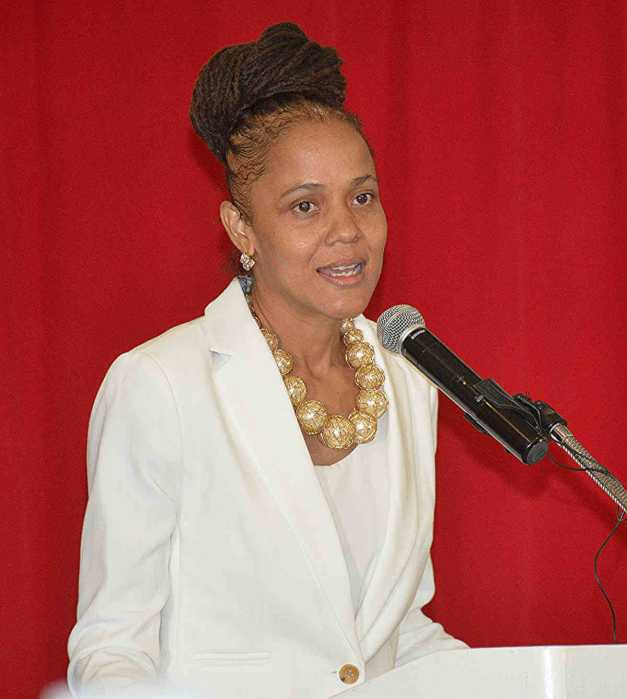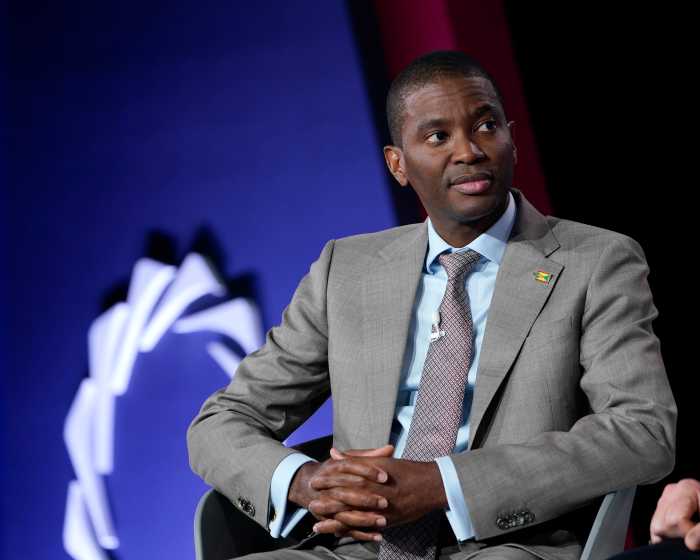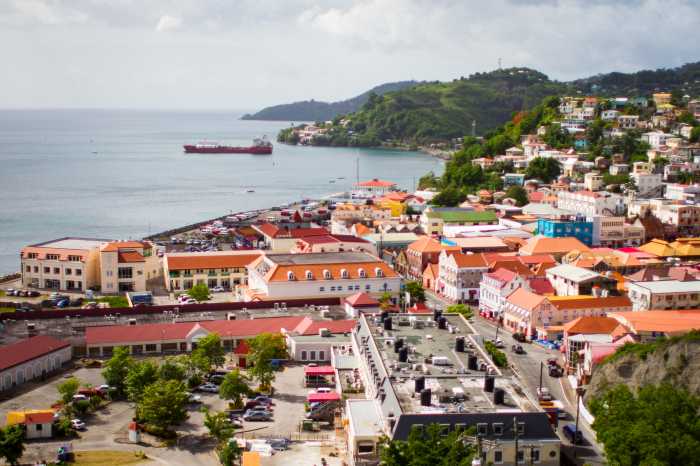Two countries in the Eastern Caribbean are preparing to hold referendums to determine whether to ditch the British Privy Council as their final courts of appeal but indications are that both governments may struggle to persuade citizens to do so in sufficient numbers.
Citizens in both Antigua and Grenada should have voted in the plebiscites this week but both governments have been forced to drop these dates largely because of lukewarm citizen reaction to the moves and because they were dissatisfied with voter education programs on the issues.
At issue is the arguments by governments and elements in the 15-nation Caribbean Community that member states would not have completed the full process of independence from Britain unless and in fact they have ceased allowing white, bewigged mostly male law lords in far away London, to continue ruling on criminal and civil appeals from the Caribbean.
Why not vote in the referendums to join Guyana, Barbados, Dominica and Belize in allowing darker skinned judges of the Trinidad-based Caribbean Court of Justice (CCJ) to rule on cases involving regional litigants they often ask?
But both prime ministers Gaston Browne of Antigua and Keith Mitchell of Grenada have opted to listen to public sentiments and give voters enough time to properly digest the seriousness and finality of the move to switch to the CCJ and dump the British court.
Fearful of losing the vote, Browne has said that he is willing to push back the voting date to as far as March next year to give the public enough time to educate themselves on the issue at hand. Recent polls done on the referendum have indicated that government may not get the required 67 percent vote to cross the line and switch to the CCJ.
Grenadians on the other hand will go to the polls in late November. Their ballot paper will simply ask them whether the island should join the CCJ or not. Several other issues are on the ballot sheet but the most important and celebrated is the CCJ.
On most other issues, Keith Mitchell would get his way. After all, his administration holds all the seats in parliament and he remains popular as ever. This is the second time that he is basically running the country without an elected opposition but critics say this has nothing to do with an issue as critical as the CCJ.
The CCJ was established in April 2005 by member nations with headquarters in Guyana. It has two tiers — a category dealing with trade matters in the single trading bloc and the appellate section. Membership in the trade section is mandatory but the other is optional and so only four countries are signatories.
“We have always taken the position that we reserve the right to call off the referendum. So if per chance we do a poll later in the year and we are not up to the 67 per cent, we may just decide to call it off. I am not saying any such decision has been taken. We poll the CCJ, we are in a majority position in terms of support, but unfortunately we are not at the 67 per cent which means we have a significant amount of work to do,” Brown said hinting at trouble convincing locals.
He also complained about voters not realizing they are not voting in a general election but rather on a single issue, noting that a yes vote is needed to “complete this cycle of independence to have our own court.”
But even as the two governments struggle, only St. Lucia is regarded as having taken adequate steps to become the fifth member based on a recent ruling by the Eastern Caribbean Court of Appeal that no referendum is required.
Respected Caribbean jurist Oscar Ramjeet says that St. Vincent, for example, will have to wait a while as voters there have already rejected the initial attempt to switch to the CCJ.
The big irony concerning the court however, pertains to its base in Trinidad and Tobago as that island is far away from membership as is Jamaica.
The previous administration had proposed that the CCJ handled criminal appeals alone. The Privy Council would do the rest. The current government has not even taken any baby steps as yet to deal with the issue, so for now only the four members exist.


























